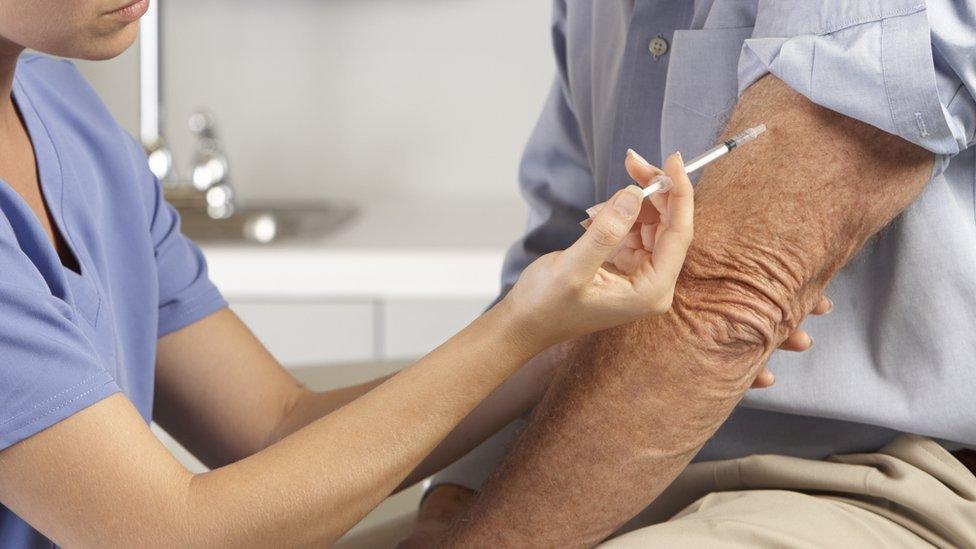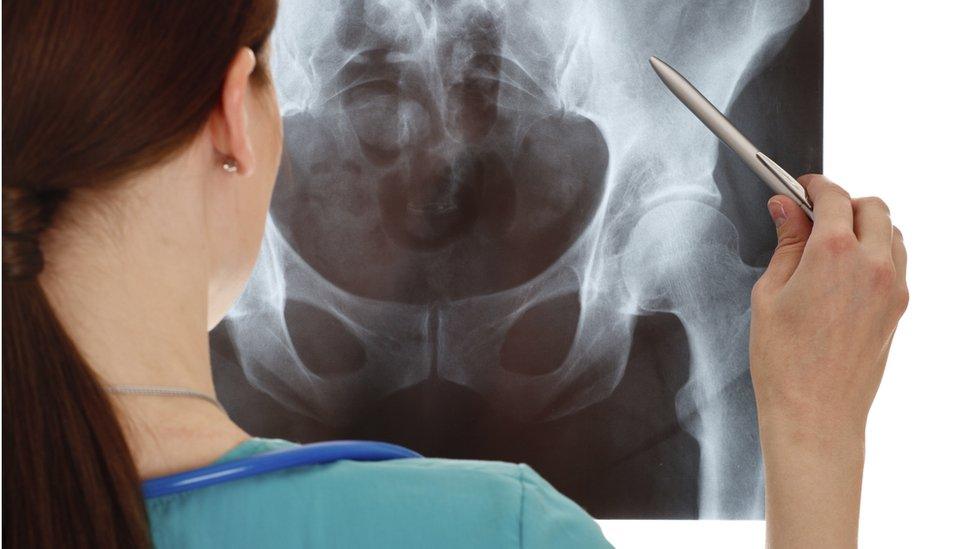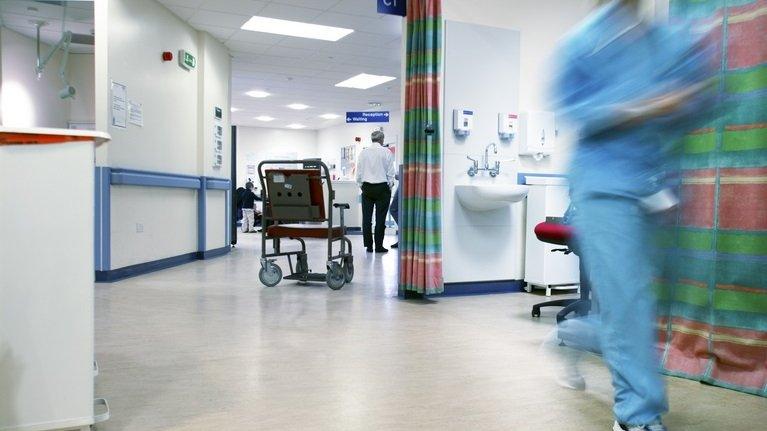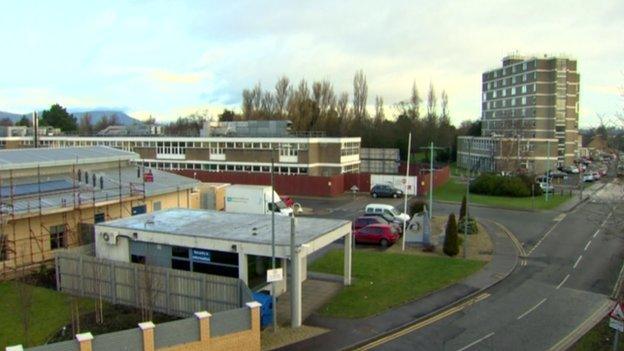Waiting lists: How will NI health service spend £48m cash injection?
- Published

The Northern Ireland health service is to receive a cash injection £48m
Northern Ireland's health system is to get a boost of nearly £48m with most of the money being directed towards tackling waiting lists.
The waiting times for appointments and surgery in Northern Ireland are the worst in the UK.
More than 230,000 people were waiting for their first outpatient appointment at the end of September, according the very latest provisional figures.
Almost half of them (109,722 patients) had been waiting more than 18 weeks.
Last month, a UK health expert told the BBC that "heads would roll" in England if hospital waiting list figures were on the same scale as those currently seen in Northern Ireland
'Independent sector'
Stortmont's Health Minister Simon Hamilton has said that £40m of the cash boost will be spent tackling waiting lists.
It is expected that it will pay for 40,000 assessments and up to 15,000 operations by March next year, with both the NHS and the independent sector being used to deliver surgery.

In July, the number of patients waiting for appointments at Musgrave Park Hospital - Northern Ireland's regional centre for orthopaedics - rose by 75%
The money will be used across a range of specialities including orthopaedics.
In July, the BBC reported a big increase in the orthopaedics waiting list at Musgrave Park Hospital in south Belfast.
At that stage, 34,000 people were waiting for appointments - some for up to 18 months.
But the health minister said he believes the extra funding released on Wednesday will make a difference rapidly.
"We are well down the line of planning for this and some people will start to get notifications of those assessments, appointments and procedures in the next number of days," Mr Hamilton said.
'No quick fix'
Four million pounds is to be spent increasing capacity at GPs' surgeries and hospitals to help cope with the expected extra winter demand.
Funding is also being made available to help families with children with disabilities and to provide additional insulin pumps and psychological therapies.
However, the chair of the BMA GPs committee in Northern Ireland, Dr Tom Black, said that money should be spent primarily on the infrastructure of the system.
"There is no quick fix, we have consistently said that fundamental change is needed rather than throwing money at the existing system," he said.
- Published18 November 2015

- Published22 July 2015
